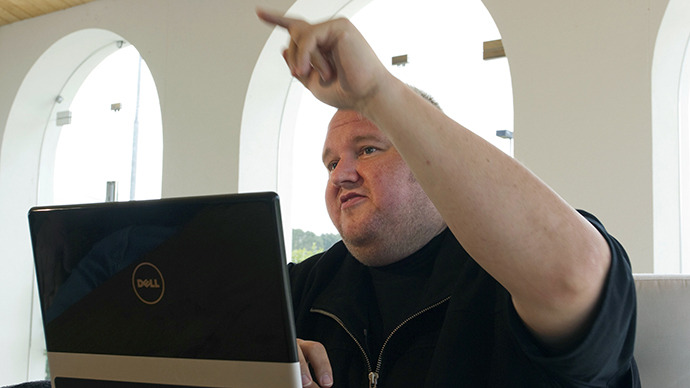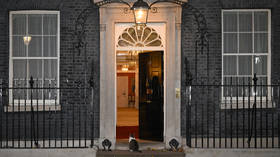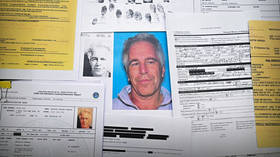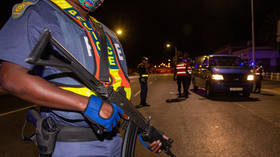NZ cops ordered to return Dotcom materials seized in raid

New Zealand police will have to return any digital material seized during a raid on Megauploads founder Kim Dotcom’s mansion not related to his prosecution, a judge has ruled.
Police stormed the internet mogul’s Auckland home last January in a raid that was later decreed unlawful by High Court Chief Justice Helen Winkelman who is presiding over the case.
She ruled that all of the digital material that was seized in the
illegal police operation as part of a US investigation into
allegations of online piracy should be returned to Dotcom if it
does not directly pertain to the case against him.
Police will now have to sift through all the data taken during
the operation and separate out the irrelevant data in a
“lengthy and expensive process.”
Winkelman also said New Zealand police were obliged to provide
Dotcom with copies of any digital equipment already sent to the
FBI in connection with a probe into allegations of mass internet
piracy against the internet tycoon.
US authorities have claimed video streaming website Megaupload
stole over $175 million from copyright holders and a further $500
million through the sharing of pirated films and TV shows. The
video sharing site was shut down in January 2012 by the US State
Department in connection with the allegations against its
founder.
The charges set against Dotcom which include racketeering, fraud, money-laundering and copyright theft, carry a maximum sentence of 20 years.
Kim Dotcom denies all of the allegations set against him and is
currently free on bail in New Zealand awaiting his extradition
trial in August.
Back in March Dotcom was granted the right to sue the Zealand
secret services agency. It was found that the Government
Communications and Security Bureau (GCSB) were illegally
eavesdropping on the tycoon prior to his arrest in the raid in
January 2012.
The ruling forced New Zealand’s Prime Minister John Key to issue a public apology to Dotcom last month, although he claims he has no knowledge that the GCSB snooped on the internet mogul. A subsequent inquiry released in April revealed that another 88 New Zealanders may have been illegally monitored, though details of the cases have not been released.














